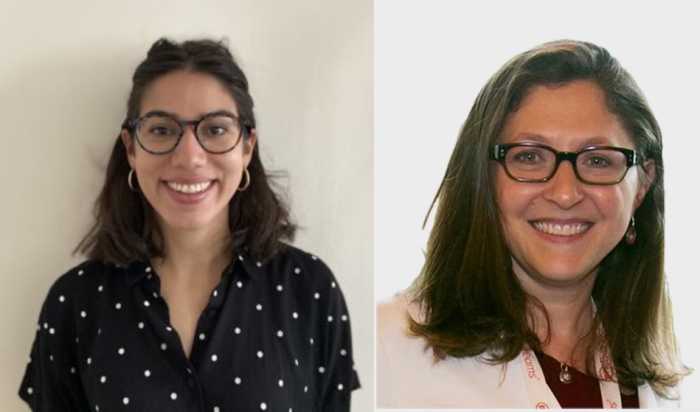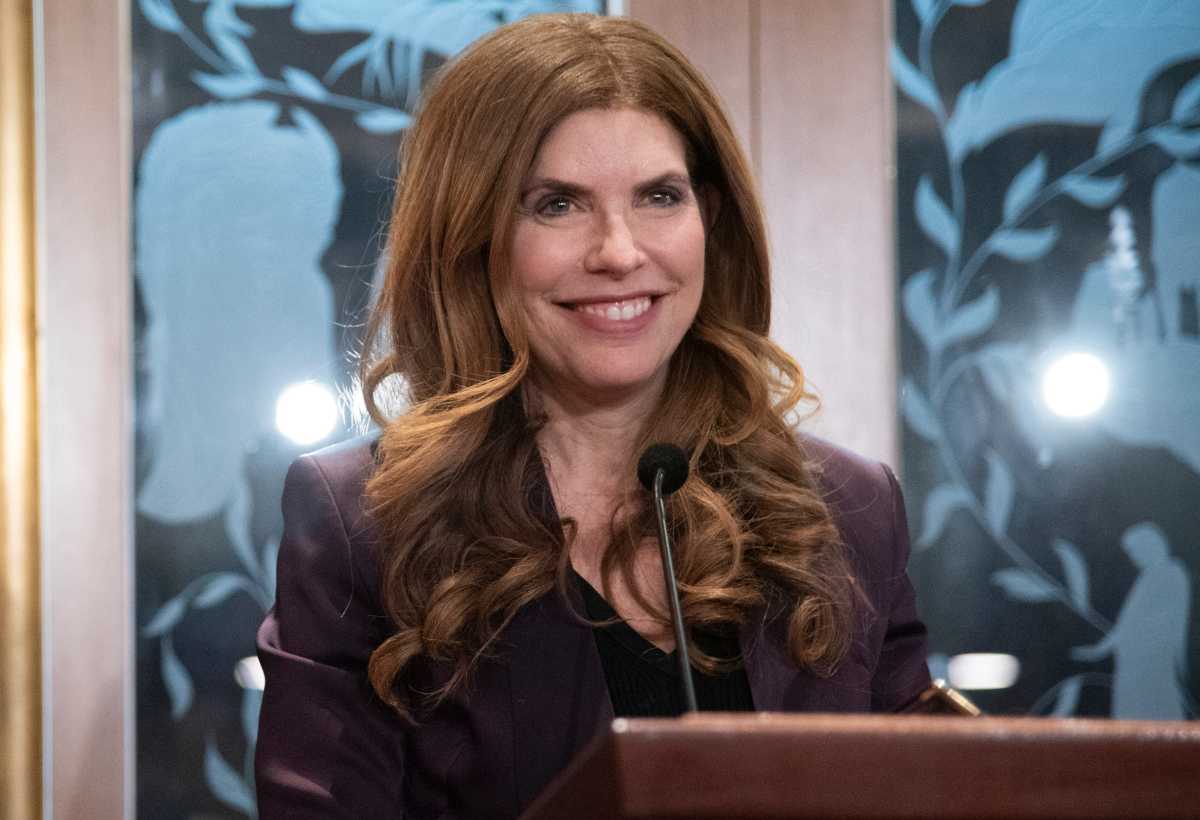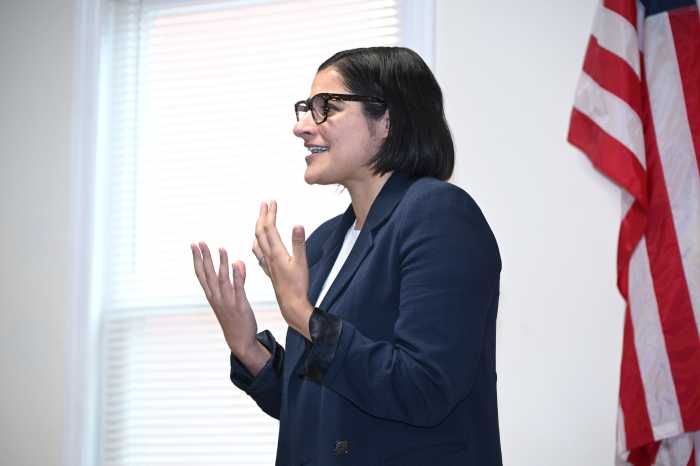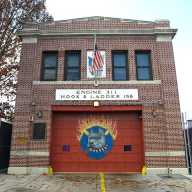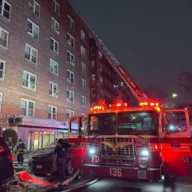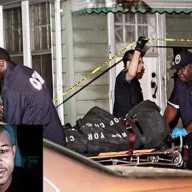By Dr. Wayne Kye
October is Breast Cancer Awareness Month. Creating awareness is not just about wearing pink with pride, it’s about taking charge of your health and empowering others to do the same. Have you educated yourself about breast health and ways you can reduce your risk of breast cancer?
Breast cancer takes too many of our mothers, sisters, aunts and wives. About one in eight women in the United States will develop invasive breast cancer during her lifetime. Experts predict that 234,190 women will be diagnosed and 40,730 women will die this year from breast cancer in the U.S. In New York state alone, 14,900 women are expected to be diagnosed and 2,420 are expected to die this year from breast cancer. However, research shows that 50 percent of cancer cases are preventable and cancer is most treatable when it is detected early. If diagnosed early and treated before it spreads, the five-year survival rate for breast cancer is 99 percent.
Get started with breast cancer prevention by learning your family history. A family history of breast cancer—specifically in a first-degree relative (mother, sister or daughter)—approximately doubles a woman’s risk of developing the disease. Having a family history of cancer can also increase your risk for other cancers, too.
Even if you do not have a family history of breast or other cancers, you still may be at risk. Other risk factors include inherited mutations in genes such as BRAC1 or BRAC2, a previous diagnosis of cancer in one breast, a sedentary lifestyle and being overweight. Age is also a factor; most breast cancer is diagnosed in women and men over 40 years old. Women who began their menstrual periods before age 12 or began menopause after age 55 are at increased risk, as are women who have used hormone replacement therapy with estrogen and progesterone for a long time.
Take control of your health and reduce your risk by committing to healthy lifestyle decisions. Exercise regularly. Eat a balanced and nutritious diet. If you drink alcohol, do so only in moderation (limit to no more than one drink a day for women and two drinks a day for men). Don’t smoke, or stop if you do.
You should also talk to your doctor about what screenings are right for you. Many women have been their own best health advocates by knowing their breasts, seeing their doctors when there is a change in their bodies and getting their annual mammograms.
Know Your Body: You know your own body best and can recognize what is normal for you. If you notice a change in your breasts or something that is not normal for you, talk to your health care professional right away. Some changes to be alert for are: lumps, hard knots or thickening of the breast; change in size or shape of the breast; nipple pain, tenderness or discharge; itchiness, scales, soreness or rash on the nipple; a nipple turning inward or inverted; a change in skin color or texture; or a breast that feels warm or swollen.
Clinical Breast Exam (CBE): Be sure to ask your health care provider to give you a clinical breast exam at least every three years when you’re in your 20s and 30s and every year if you are 40 or older. The exam consists of checking the breasts for any changes, lumps or other possible warning signs of breast cancer through physical touch and appearance.
Mammogram: Be proactive about screening and ask your health care professional about the right time to start having regular mammograms and how often the test should be performed. All women should begin having annual mammograms by the age of 40. The mammogram is an “x-ray” of the breast and is the most effective method of detecting breast changes that may be cancer, long before physical symptoms can be seen or felt. If you are at high risk, talk with your health care professional about beginning annual screening mammograms at a younger age and/or having an MRI (magnetic resonance imaging).
Take charge of your health, share your knowledge with family members and encourage your friends to follow your lead. For a more information about breast health education for young women and steps to prevent breast and other cancers, please visit www.preve
Dr. Wayne Kye
Member, Congressional Families Cancer Prevention Program of the Prevent Cancer Foundation, spouse of U.S. Rep. Grace Meng (D-Flushing)


